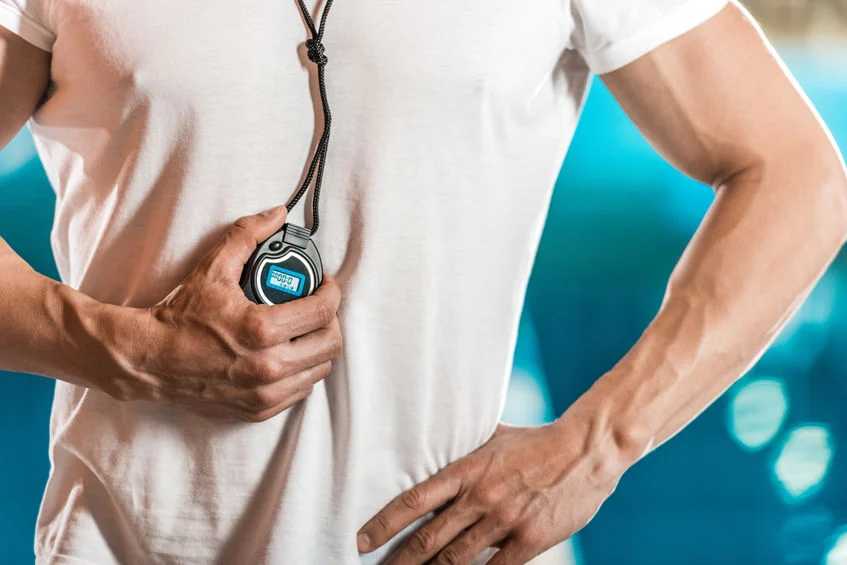Risks and Side Effects of Testosterone Replacement Therapy (TRT)

Testosterone Replacement Therapy has gained popularity as a treatment for men experiencing low testosterone levels, also known as hypogonadism. While TRT can offer benefits like increased energy, improved mood, and enhanced libido, it's crucial to understand the potential risks and side effects associated with this therapy.
1. Cardiovascular Concerns
One of the primary risks linked to TRT is its potential impact on heart health. Some studies suggest that TRT may increase the risk of cardiovascular events such as heart attacks and strokes. Elevated testosterone levels can thicken the blood by increasing red blood cell counts, potentially leading to clot formation. Regular monitoring of blood parameters is essential to mitigate this risk.
2. Prostate Health
Testosterone can stimulate prostate tissue growth. While TRT doesn't cause prostate cancer, it may accelerate the growth of existing prostate tumors. Men undergoing TRT should have regular prostate screenings, including prostate-specific antigen (PSA) tests, to monitor any changes that could indicate prostate issues.
3. Sleep Apnea
TRT may exacerbate sleep apnea—a condition characterized by interrupted breathing during sleep. Increased testosterone levels can affect the airway muscles, leading to more frequent episodes. Men with pre-existing sleep apnea should exercise caution and consult their healthcare provider before starting TRT.
4. Skin Reactions
Some individuals may experience skin issues such as acne and oily skin due to increased sebum production stimulated by testosterone. These side effects are generally manageable with proper skincare routines but can be troublesome for some patients.
5. Hormonal Imbalances
Introducing external testosterone can disrupt the body's natural hormone production. This may lead to testicular atrophy (shrinkage of the testicles) and reduced sperm production, affecting fertility. Men wishing to maintain fertility should discuss alternative treatments with their doctor.
6. Mood and Behavioral Changes
While TRT can improve mood and alleviate depression associated with low testosterone levels, it may also lead to mood swings, irritability, or aggressive behavior in some individuals.
7. Gynecomastia
An imbalance between testosterone and estrogen levels can lead to gynecomastia, the enlargement of male breast tissue. Though relatively rare, this side effect can be emotionally distressing and may require additional treatment.
Conclusion
TRT can offer significant benefits for men with low testosterone levels, but it's not without risks. A thorough medical evaluation and ongoing monitoring are essential to minimize potential side effects. Always consult a qualified healthcare professional to discuss the benefits and risks tailored to your specific health needs before initiating TRT.
If you're looking for Testosterone Replacement Therapy in Iowa, book a free consultation with Connected Care NP. We'll thoroughly assess your medical needs and determine whether you're a suitable candidate for this therapy. Book a free consultation today! Dial 319-209-4117.
- Industry
- Art
- Causes
- Crafts
- Dance
- Drinks
- Film
- Fitness
- Food
- Jocuri
- Gardening
- Health
- Home
- Literature
- Music
- Networking
- Alte
- Party
- Religion
- Shopping
- Sports
- Theater
- Wellness
- News


